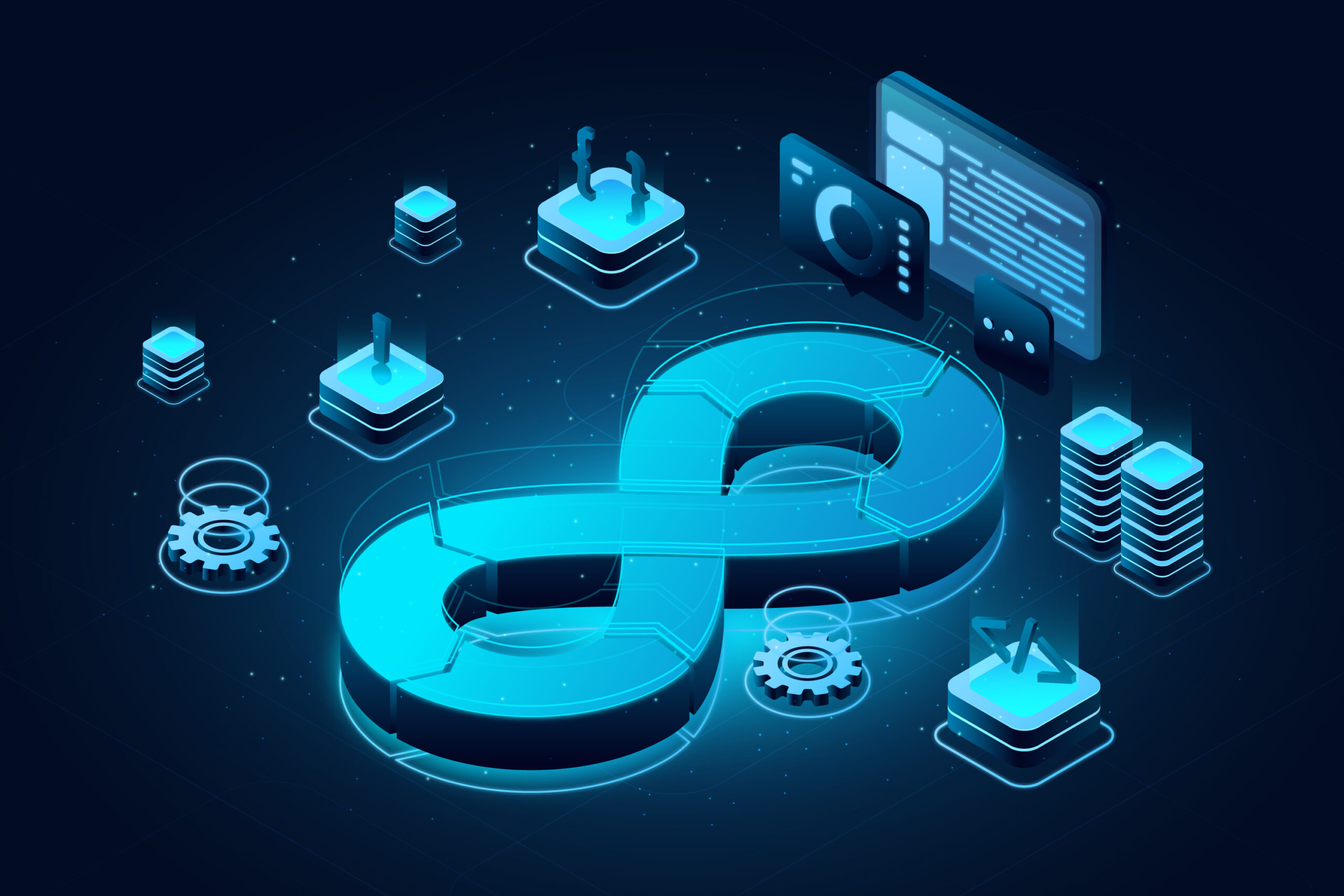The rise of no-code/low-code platforms has transformed software development, enabling non-technical users to build applications with minimal coding. But as these tools evolve, a critical question arises: Will no-code replace DevOps engineers?
In this article, we’ll explore:
The capabilities of no-code DevOps tools
Where human expertise is still irreplaceable
How DevOps engineers can adapt to this shift
The future of DevOps in a no-code world
The Rise of No-Code in DevOps
No-code platforms like AWS Honeycode, Zapier, and Retool allow users to automate workflows, deploy applications, and manage infrastructure without writing scripts. Even cloud providers now offer visual CI/CD pipelines (e.g., AWS CodePipeline, GitLab Auto DevOps).
What No-Code DevOps Tools Can Do Today
Automated Deployments – Drag-and-drop CI/CD pipelines
Infrastructure Provisioning – Tools like Pulumi Automation API
Monitoring & Alerts – No-code dashboards (Datadog, New Relic)
Security Compliance – Pre-configured templates (AWS Well-Architected Tool)
Why No-Code Won’t Fully Replace DevOps Engineers
While no-code tools simplify basic tasks, they have limitations:
1. Complex Architectures Need Custom Solutions
No-code tools work well for standardized workflows, but:
🔹 Multi-cloud deployments (AWS + Azure + GCP)
🔹 Custom security policies (zero-trust, compliance audits)
🔹 Performance tuning (Kubernetes optimization, serverless cold starts)
Example: A Fortune 500 company migrating to hybrid cloud can’t rely solely on no-code tools—they need DevOps architects.
2. Debugging & Troubleshooting Requires Expertise
When deployments fail, no-code tools lack deep diagnostics.
🔹 Log analysis (distributed tracing in microservices)
🔹 Incident response (Kubernetes pod crashes, network latency)
Case Study: A no-code pipeline might deploy a Lambda function, but only a DevOps engineer can optimize its memory settings for cost-efficiency.
3. Security & Compliance Are Still Manual
No-code tools automate basic security checks, but:
🔹 Vulnerability scanning (SBOM, IaC security with Checkov)
🔹 IAM policy refinement (least privilege access in AWS)
🔹 GDPR/HIPAA compliance requires human oversight.
How DevOps Engineers Can Stay Relevant
Instead of fearing no-code, DevOps professionals should:
1. Embrace No-Code for Repetitive Tasks
- Use GitHub Actions templates for standard CI/CD jobs.
- Automate incident response with PagerDuty workflows.
2. Upskill in High-Value Areas
- AI/MLOps – Managing AI model deployments
- FinOps – Cloud cost optimization
- Platform Engineering – Building internal developer portals (IDP)
3. Shift Left into Developer Collaboration
- Help teams self-serve infrastructure via no-code tools.
- Mentor junior engineers on when to use no-code vs. custom scripts.
The Future: No-Code + DevOps Collaboration
No-code tools won’t replace DevOps engineers—but they’ll change the job:
DevOps engineers will focus on strategy, not routine tasks.
No-code will handle 30-50% of basic deployments by 2027 (Gartner).
The best teams will combine no-code speed with expert oversight.
Conclusion: No-Code is an Ally, Not a Threat
No-code tools are revolutionizing DevOps automation, but they can’t replace human expertise in complex, secure, and high-performance environments. Instead, they free up engineers to focus on innovation and scalability.
If you need expert DevOps solutions—whether for cloud migrations, CI/CD pipelines, or Kubernetes management—trust Stifftech Solutions, a leading DevOps consultancy in Dubai with a proven track record in delivering secure, scalable automation worldwide.
